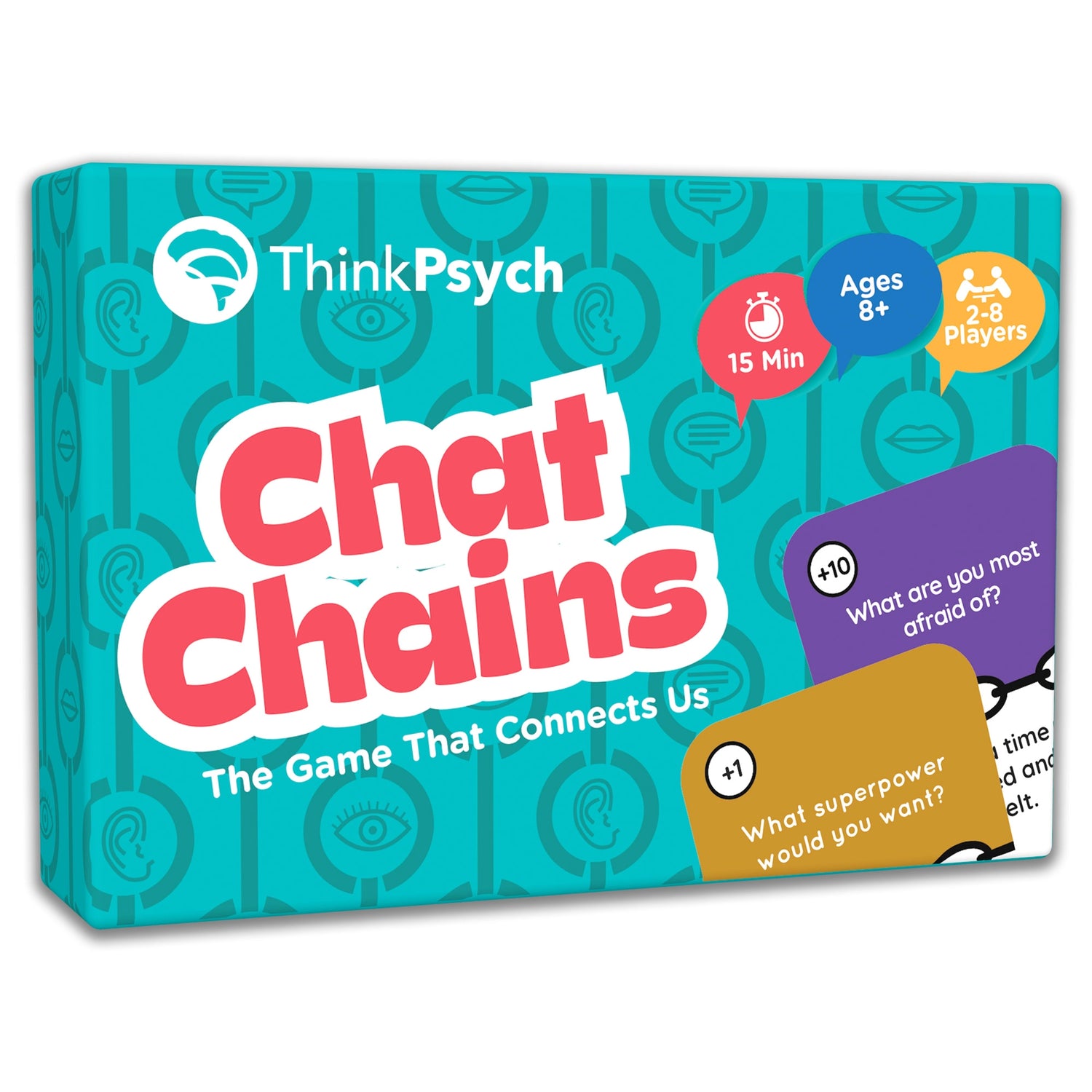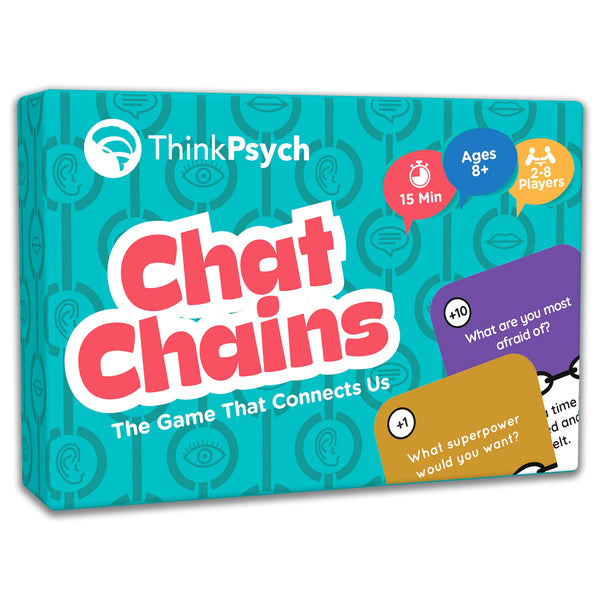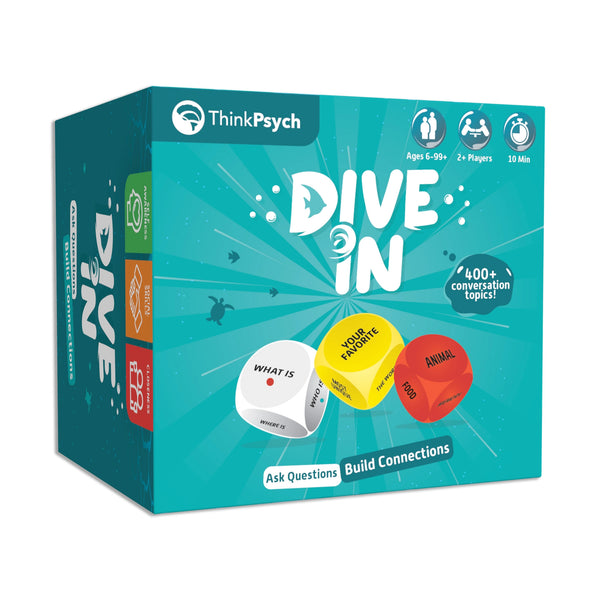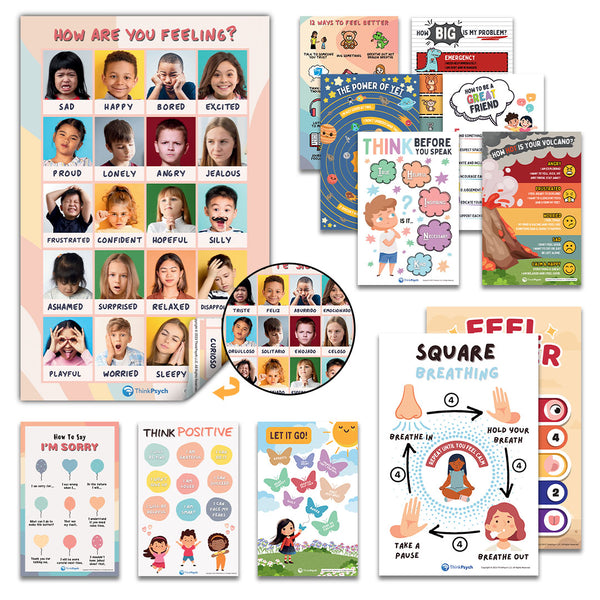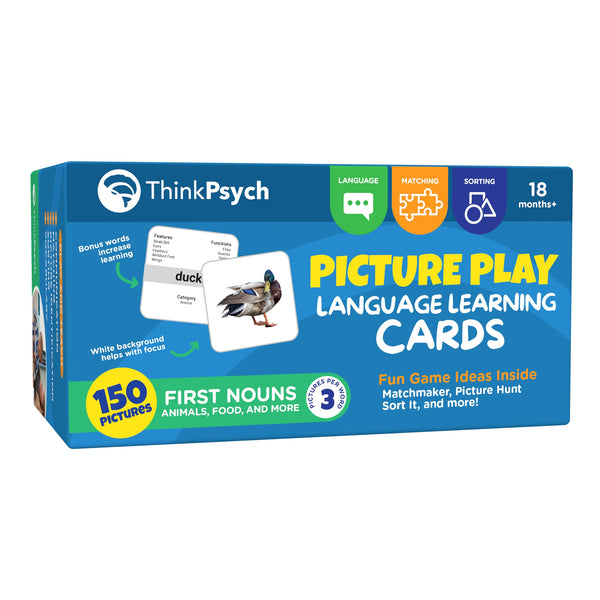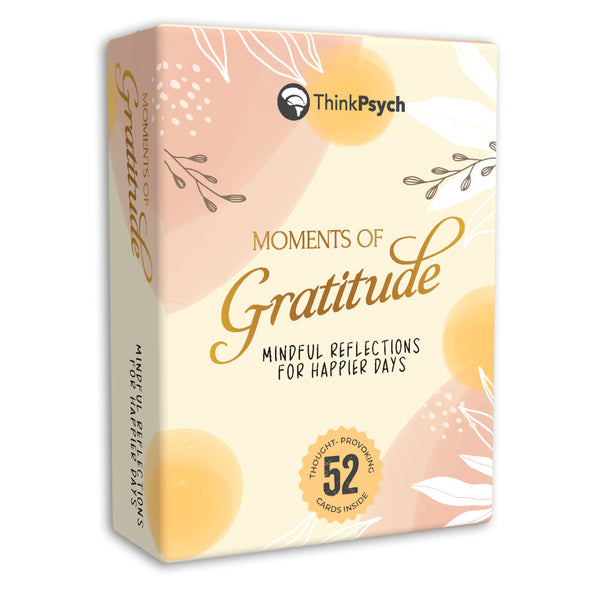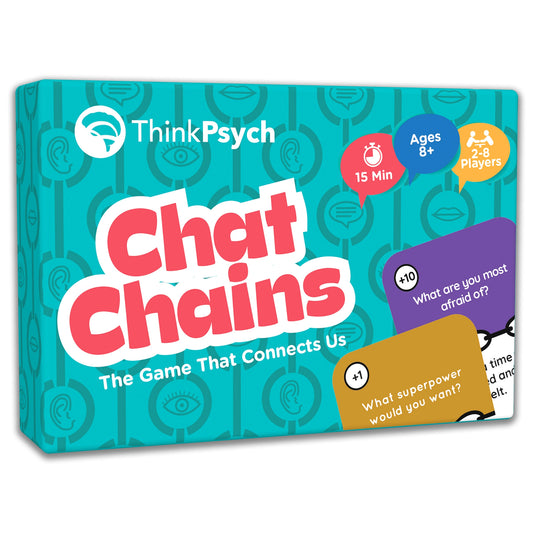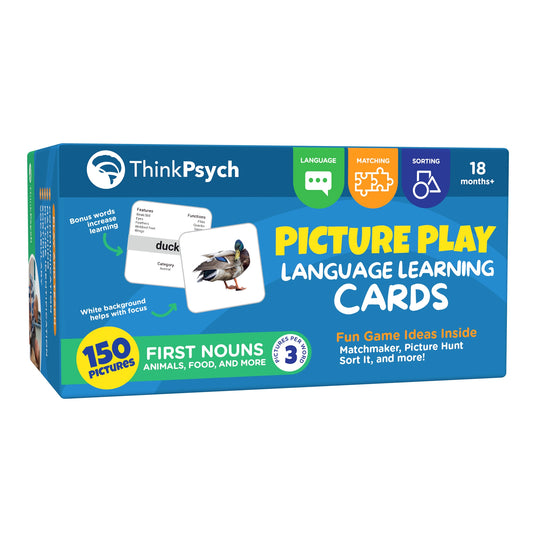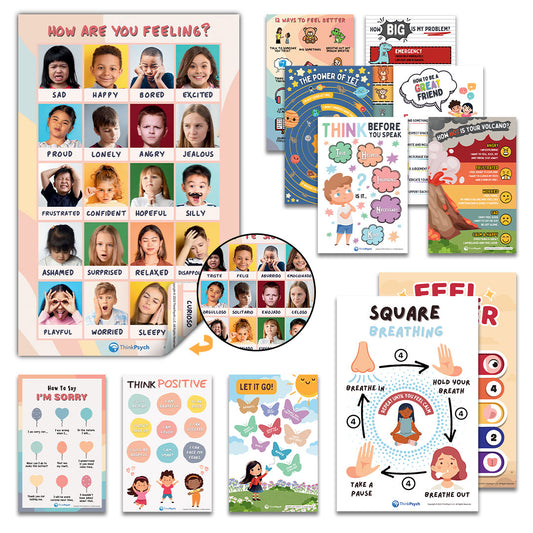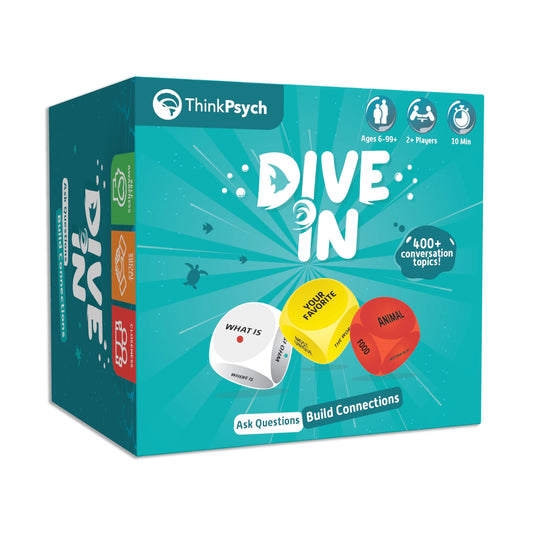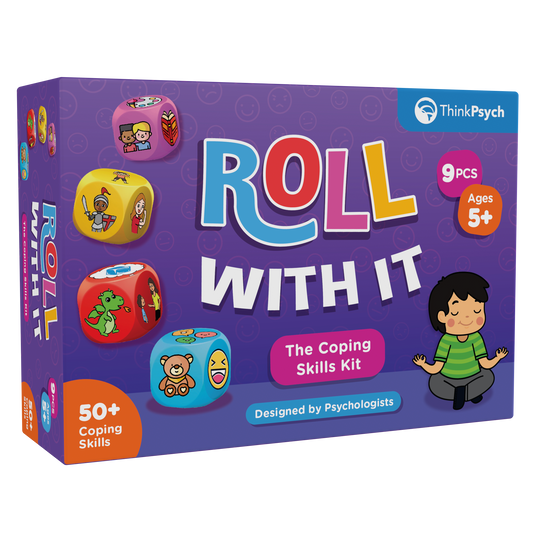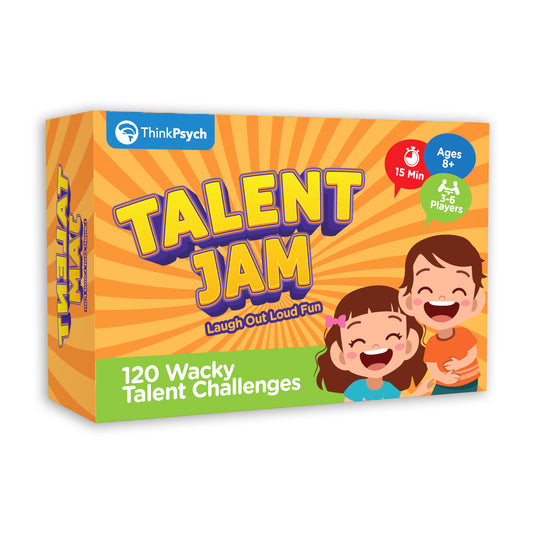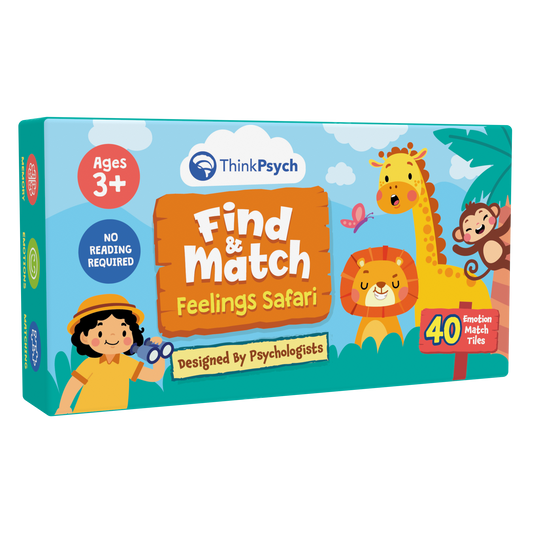
Tips to Build Strong Childhood Friendships
Share
Childhood friendships aren’t just fun and games (though there’s plenty of that, too!). Building strong relationships at an early age is developmentally necessary to learn empathy, communication skills and more.
Without a doubt, making friends has always been an underrated ability. Yet, it’s vital for your child to learn how to form relationships. While some kids tend to naturally fall into friendships, others may need a nudge in the right direction to get outside their comfort zone and connect with peers.
Here are some proven tips to help guide your child towards developing friendship skills and building meaningful relationships.
Why Childhood Friendships Matter
We all get by with a little help from our friends – truly. Friendship is essential for our health and well-being. Studies show that childhood friends have big benefits in social and emotional development, such as:
- Empathy
- Positive behaviors (such as politeness and sharing)
- Communication skills
- Conflict resolution skills
- Ability to adjust and stay flexible
- Self-esteem
- A sense of belonging
- Reduced stress
- Stronger academic performance
Overall, having close friends even at an early age can boost your child’s quality of life and set them up to form positive relationships in the future.
Ways to Develop Close Childhood Friendships
Whether your child is a social butterfly or more of a lone ranger, here are some ways to help them build and strengthen connections with friends.
1. Encourage Memory-Making With Friends
While plenty of friendships get started on the school playground, your child may need some extra time to deepen these connections.
Encourage your kid to ask over friends after school and invite them to weekend events. Making memories can be as simple as going to the pool, baking cookies or watching a movie. You might also suggest one-off opportunities, such as making coordinated Halloween costumes or visiting the State Fair in the summer.
2. Make Opportunities Available
In this same vein, it’s tough to make new friends when your kid is sitting at home all day. Be sure your child has ample chances to get to know peers through group activities, such as a sport, musical group, club or another interest.
Sign up your kid for any activities that they enjoy, so they have the opportunity to meet new people and find new connections.
3. Hone Friendship Skills
To successfully build friendships, your child will need to develop the right skills, such as self-control, sharing, etc.
Whenever possible, model friendship skills. For example, teach your child how to be a good sport, so that they’re able to play with friends in a positive way. Here’s a comprehensive list of ideas for building social skills at home.
4. Nurture Empathy
Empathy is the key to strong relationships, so work daily to boost your child’s emotional intelligence. This starts with awareness of their own emotions. Help your kid identify and name their own feelings, as well as others’.
Be sure to demonstrate empathetic actions as well, such as sharing toys, taking turns, offering kindness and more.
5. Practice Conversation Skills
Conversation skills are at the heart of connecting with others. Practice communication with your child, so they have a clear foundation for making conversation with peers.
Shop ThinkPsych Products
Here at ThinkPsych, we utilize the “5F system” to improve early conversation skills. These include:
- Family – Do you have any siblings?
- Friends – What do you like to do with friends?
- Fun – What do you do for fun?
- Future – What are your plans this weekend?
- Field – What interests you? What do you like to study or do for work?
Coming up with questions in these categories can help organize your child’s mind and inspire confidence. Try our game Dive In to help kids talk, laugh, and connect on a deeper level!
6. Respect Your Child’s Unique Self
Building friendships is not the sort of thing that can be forced. As a parent, try not to pressure your child to be social and make friends.
After all, children are unique with different personalities and needs. Some outgoing kids find it easy to make lots of friends, while others may have only one or two. Respect your child’s sense of self and gently encourage them to build the relationships they’re interested in.
7. Give Your Child Conflict Resolution Tools
Friendship isn’t always smooth sailing. In fact, learning to overcome conflicts is a key part of strengthening relationships.
Teach your child how to handle bumps in the road. For example, you’ll want to model how to:
- Make compromises when conflict arises
- Communicate emotions to friends (such as feeling hurt)
- Say sorry, both with words and actions
- Take a break when things get heated
- Find common ground after a fight
8. Don’t Bribe, Hover or Compare
As you encourage your child to make friends, stick to optimism. Kids are more likely to build healthy relationships if you give them positive feedback and praise.
Avoid any sort of negative signaling to your child, such as: bribing them to be outgoing with the promise of a treat, hovering over their playdates, or comparing them with their siblings.
Overall, it’s best not to push or force your child, though you can of course help them feel more confident by practicing skills and role-playing situations together. This is especially important if your child is shy and needs extra support in building social skills.
9. Help Your Child Keep Their Friends
At the end of the day, it’s not just making friends but keeping them that can be difficult for kids.
Support your child’s friendships by teaching them key values, such as building trust, actively listening, communicating feelings, trying new things and showing loyalty. With practice, your kid will get a better sense of how to maintain their relationships into the future.
Practice Childhood Friendship Skills With ThinkPsych
Learning how to make friends is an important milestone in your kid’s happiness and development. Leverage our tips to guide your child towards positive habits.
If your kid needs more conversation practice, enhance their skills through our communication game Dive In. Simply roll the dice to create different questions and spark great conversation. Our questions are formed by our unique “5F system,” so your child learns a wide range of topics for deeper connections.
Learn more about our uniquely designed socioemotional games on ThinkPsych!
References:
- Exchange Family Center, The Benefits of Early Childhood Friendships, https://www.exchangefamilycenter.org/exchange-family-center-blog
- EDGE Early Learning, Making Friends in Early Childhood, https://edgeearlylearning.com.au
- Parenting Science, Help Kids Make Friends, https://parentingscience.com
- Harvard Health Publishing, Helping Children Make Friends, https://www.health.harvard.edu
- FreePik, Close Up on Young Beautiful Children Having Fun Together, https://www.freepik.com
